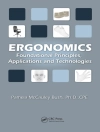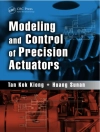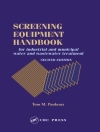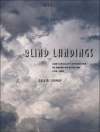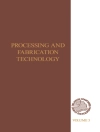Performing tasks in the agri-food industry can be complex due to the organic, unstructured environments and natural variation in product. Successfully implementing robotic systems in such contexts is highly dependent on their capacity to adapt to variability, unpredictability and incomplete sensor data. Given the multitude of potential unexpected scenarios, it is no longer satisfactory to create fixed plans and controllers for the robot to address a task. Instead, it is essential to model our knowledge of the task and of the robot’s operating environment, which is the central concept referred to as a ‘world model’ (WM). In this chapter, we elaborate on the notion of a WM and demonstrate how various WM types can be applied to address tasks in the agri-food domain. In addition to the prevalent geometric world models, we provide an example of the application of a topological WM in an environment devoid of geometric structure. We discuss several topics to improve robustness of task execution, such as multi-modal redundant skills and the use of invariants to describe the world, rather than relying on exact parameters. We argue that robots require an explicit WM as a central component in their software architecture. The software implementation of the WM holds the necessary information about the environment and configuration parameters of the system which are necessary to configure action and detection skills and interpret sensor information. In the future, we argue that these WMs will enable robots to reason online about the situation at hand and on the correct actions to perform to progress the task. The explicit nature of the WM allows robots to share their knowledge, which is crucial when collaborating with humans or other robots.
Tabela de Conteúdo
- 1 Introduction
- 2 The concept of a world model
- 3 Invariant-based world models
- 4 Topological maps with guarded motion
- 5 Task redundancy through multi-modal sensing
- 6 Explainable world models for skill configuration
- 7 Multi-robot cooperation through shared world models
- 8 Future perspective: world models for reasoning
- 9 Conclusion
- 10 Glossary
- 11 Where to look for further information
- 12 References


